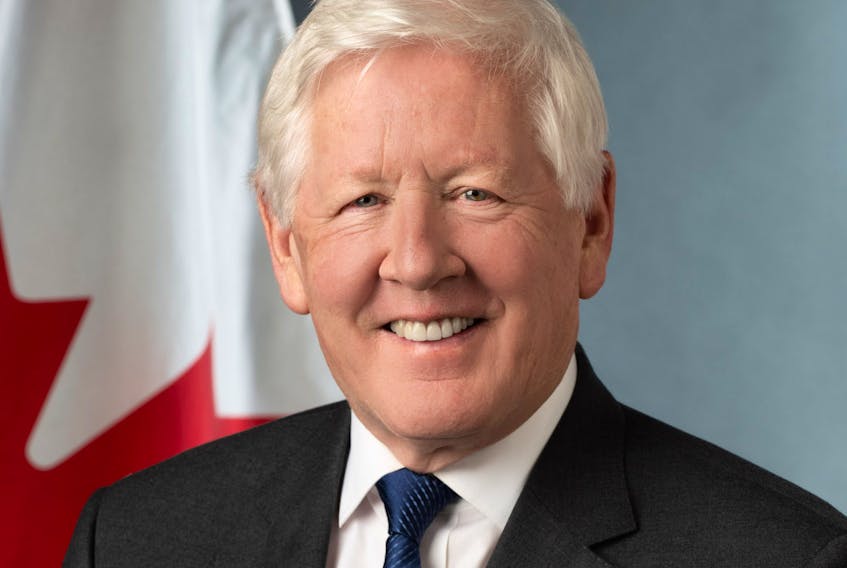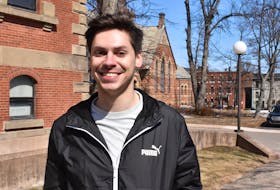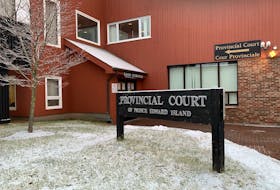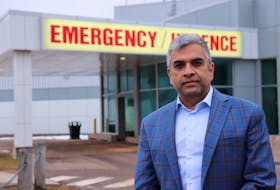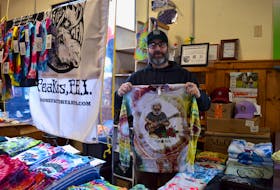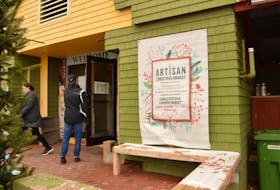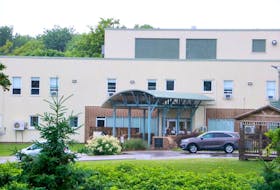Bob Rae, Canada’s permanent representative to the United Nations, believes this is no time for isolationism.
The former premier of Ontario says Canada has a unique opportunity to ensure that a COVID-19 vaccine, once it is available, is equitably offered and distributed to poorer countries. And it is global organizations like the World Health Organization, and the UN that are singularly equipped to make this happen.
"Unless there's a global vaccine, nobody's really safe,” Rae told The Guardian in a phone interview from New York.
“If you've got major centres that are going to continue to have major outbreaks, that affects everything. It affects the global economy, it affects people's ability to travel and it means that the virus is never gone unless it's gone everywhere."
Rae is this year’s recipient of the Symons Medal, granted yearly by P.E.I.’s Confederation Centre of the Arts to an individual who has made an extraordinary contribution to Canadian life.
Like past recipients of the Symons Medal, such as Prime Minister Justin Trudeau and former Truth and Reconciliation Commission chairman Murray Sinclair, Rae will be delivering a high-profile lecture at the Confederation Centre. Like in past years, the lecture will be introduced by P.E.I.’s Premier Dennis King.
Unlike in previous years, however, Rae will not be physically present at the lecture. It will be broadcast to a live audience via Zoom, followed by a question and answer session.
"I'm really sorry that I can't be there in person,” Rae said.
“I have a lot of friends on the Island."
Rae’s lecture is entitled "Learning from The Past, Imagining the Future: Reflections from a Political Life." The focus is upon the “twin moments,” as he puts it, of the formation of Confederation in 1867 and of the 1945 post-war formation of the United Nations.
“It's a speech about how, at a certain critical point in our history as Canadians, we decided to create a country. And, at a critical point in the world in 1945, we decided to create the United Nations,” Rae said.
Rae added that neither 1867 nor 1945 were “perfect [nor] completely inclusive," a nod to last year’s lecture by Murray Sinclair.
Since being appointed to his current role in July, Rae has been carrying out his duties without travel, conducting meetings and negotiations via video chat due to the pandemic.
"That makes diplomacy difficult,” Rae said of the absence of in-person meetings.
“There's not much room for corridor conversations and pulling people aside and really trying to see what movement is possible."
Rae believes the current global COVID-19 recession poses a significant threat to the international community’s ability to meet the climate targets set out in the Paris Climate Agreement.
"We have to embrace the need for more investment in sustainable development as the key to emerging from the dark night of COVID-19," he said.
Rae has argued that Canada could start by meeting the goal, set out by Lester Pearson in 1969, of providing the equivalent of 0.7 per cent of Canada’s Gross National Income to overseas aid. Canada has never met this target.
In a recent report, Rae also singled out Haiti as a region Canada “should continue to support.”
Last week saw the 10-year anniversary of a cholera epidemic that killed nearly 10,000 people in that country. The UN admitted in 2016 the outbreak was introduced by its own peacekeepers but has failed to offer compensation to family members of victims.
Rae said he believes the UN should offer some compensation for the cholera outbreak.
“You have to be upfront about finding ways of providing people with compensation. You can't have a full-blown reconciliation of this situation until that happens,” he said.
This is easier said than done. The UN lacks the ability to borrow money for a large-scale compensation scheme, Rae said.
"The UN as an organization operates on a cash-flow basis. The challenge will be to figure out how to deal with the practicalities of how it should be done," Rae said.
The Symons Lecture will stream live and online on Friday at 8 p.m.

